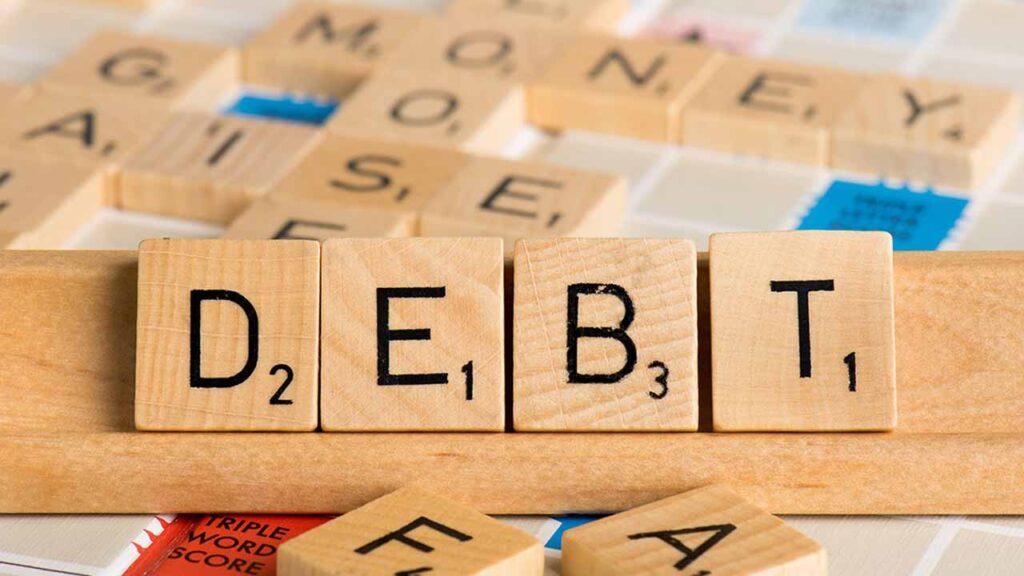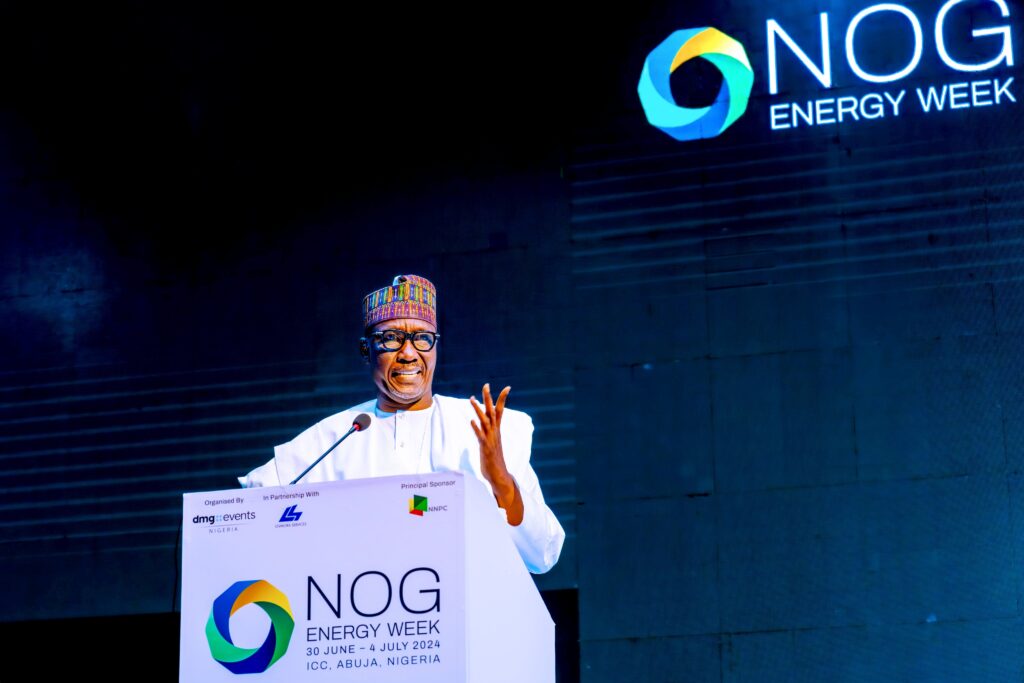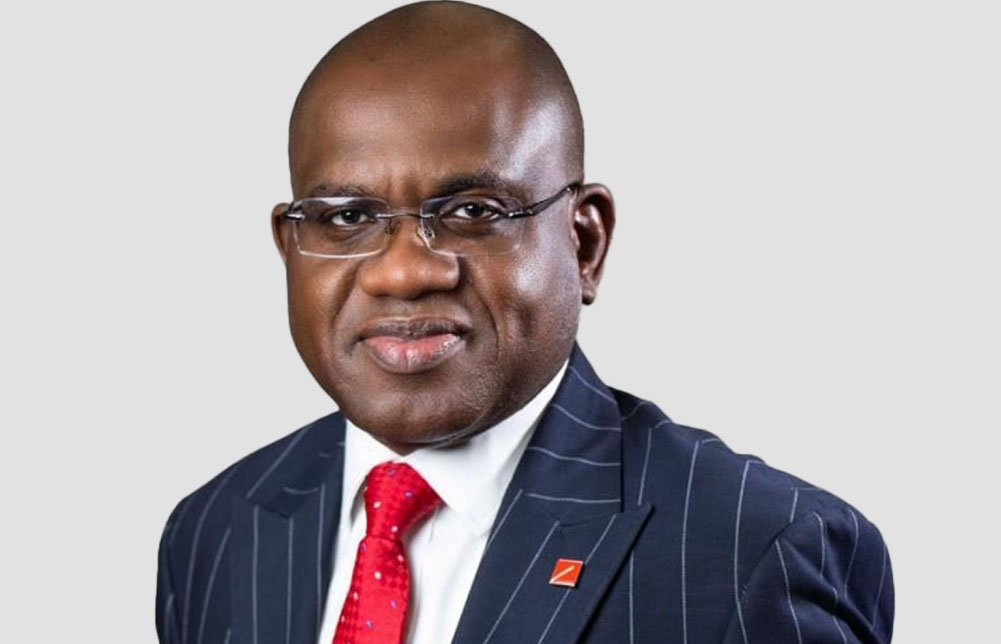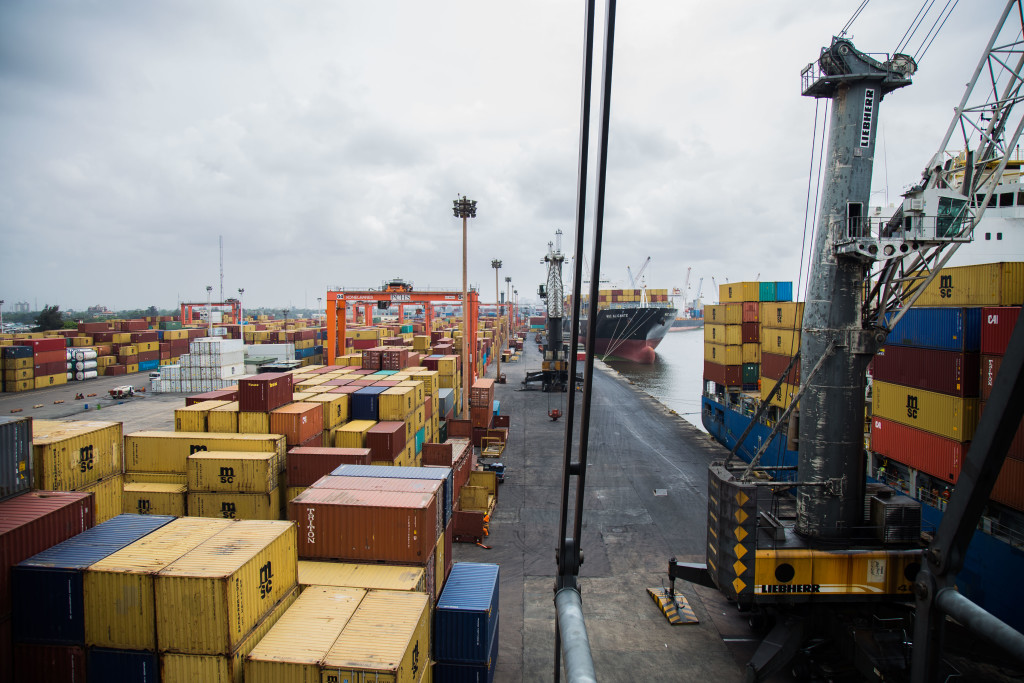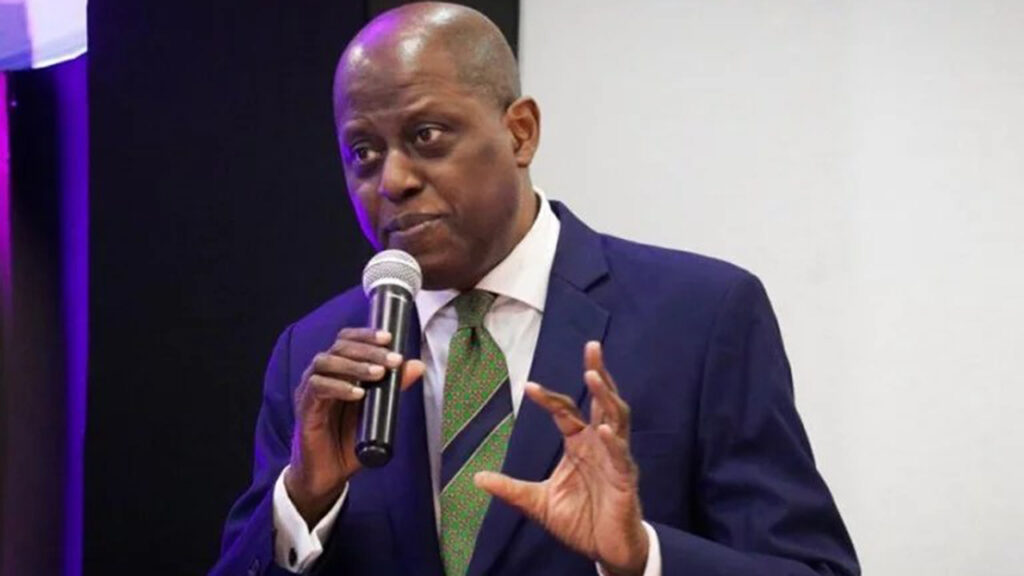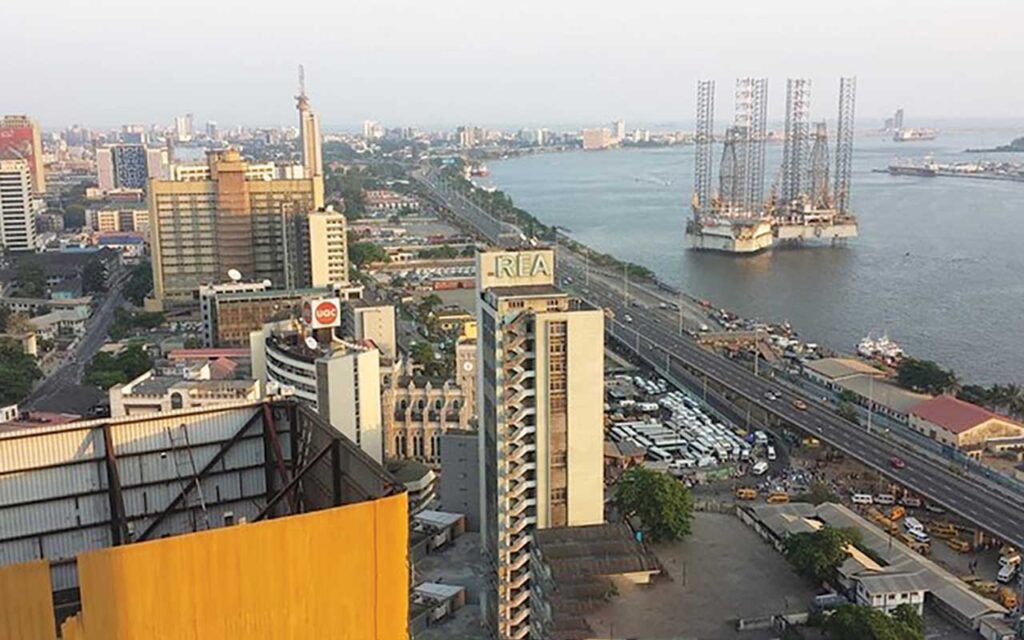Cordros Capital Research has projected the country’s public debt to settle at N134.51 trillion (or 50.9 per cent of GDP) this year.The analysts based the projection on increased borrowings by the Federal Government to fund the 2024 budget deficit as well as the impact of the depreciation of naira on foreign debt.
According to recently released data by the Debt Management Office (DMO), Nigeria’s public debt increased by 25 per cent quarter-on-quarter (QoQ) to N121.67 trillion in Q1, from N97.34 trillion recorded as of last year’s end.
Cordros Capital said the increase primarily reflected new borrowings to finance rising government expenditures against the persistent revenue underperformance, and the impact of the naira depreciation on foreign debt.
“Accordingly, the total domestic debt stock rose by 11 per cent QoQ to N65.65 trillion from N59.12 trillion in 2023.
Meanwhile, the total external debt decreased by 15.5 per cent to $91.46 billion in Q4, from $108.23 billion in 2023.
“This is due to the FG’s settlement of matured external obligations. However, in naira terms, external debt stock amounted to N56.02 trillion in Q1, 2024 compared to N38.22 trillion in the previous year.
“Looking ahead, we anticipate a significant increase in Nigeria’s total debt due to increased borrowings by the FG to fund the 2024 budget deficit, and the impact of the depreciation of the naira on foreign debt. We project total public debt to settle at N134.51 trillion (or 50.9 per cent of GDP) in 2024,” the analysts said.
Also speaking on the issue, Cowry Asset Management said the underlying driver of escalating debt levels stems from Nigeria’s constrained revenue base, prompting concerns regarding the government’s ability to fulfill its debt obligations.
“The local currency devaluation by the CBN contributed significantly to the increase in Nigeria’s total public debt. Regardless of the exchange rate effects, the domestic debt component of the total public debt rose by 11.05 per cent (N6.53 trillion), from N59.12 trillion on December 31 to N65.65 trillion on March 31.
The research firm further stated that the high cost associated with servicing this debt, which is further hinged on the naira devaluation, has resulted in a significant allocation of government revenues towards debt payments and intensifying the fiscal challenge.
It also noted that these challenges are further compounded by the foreign exchange harmonisation and revaluation efforts by the Central Bank of Nigeria (CBN) heightening the cost of debt servicing.
Therefore, the firm suggested that the government should, as a matter of urgency, diversify its revenue sources to bolster fiscal resilience and mitigate risks associated with the expanding debt burden.
“Given that Nigeria’s debt is denominated in both domestic and foreign currencies, the nation is vulnerable to external shocks, including fluctuations in interest rates and exchange rates. These dynamics underscore the critical imperative for a sustainable debt management strategy and the urgency of diversifying revenue sources to bolster fiscal resilience and mitigate risks associated with the expanding debt burden.
“Despite ongoing reforms, such as the removal of fuel subsidies and aggressive revenue generation efforts, the gradual uptick in the total debt stock, especially in external debt, underscores the persistent reliance on borrowing to meet budgetary shortfalls and financial obligation.”

